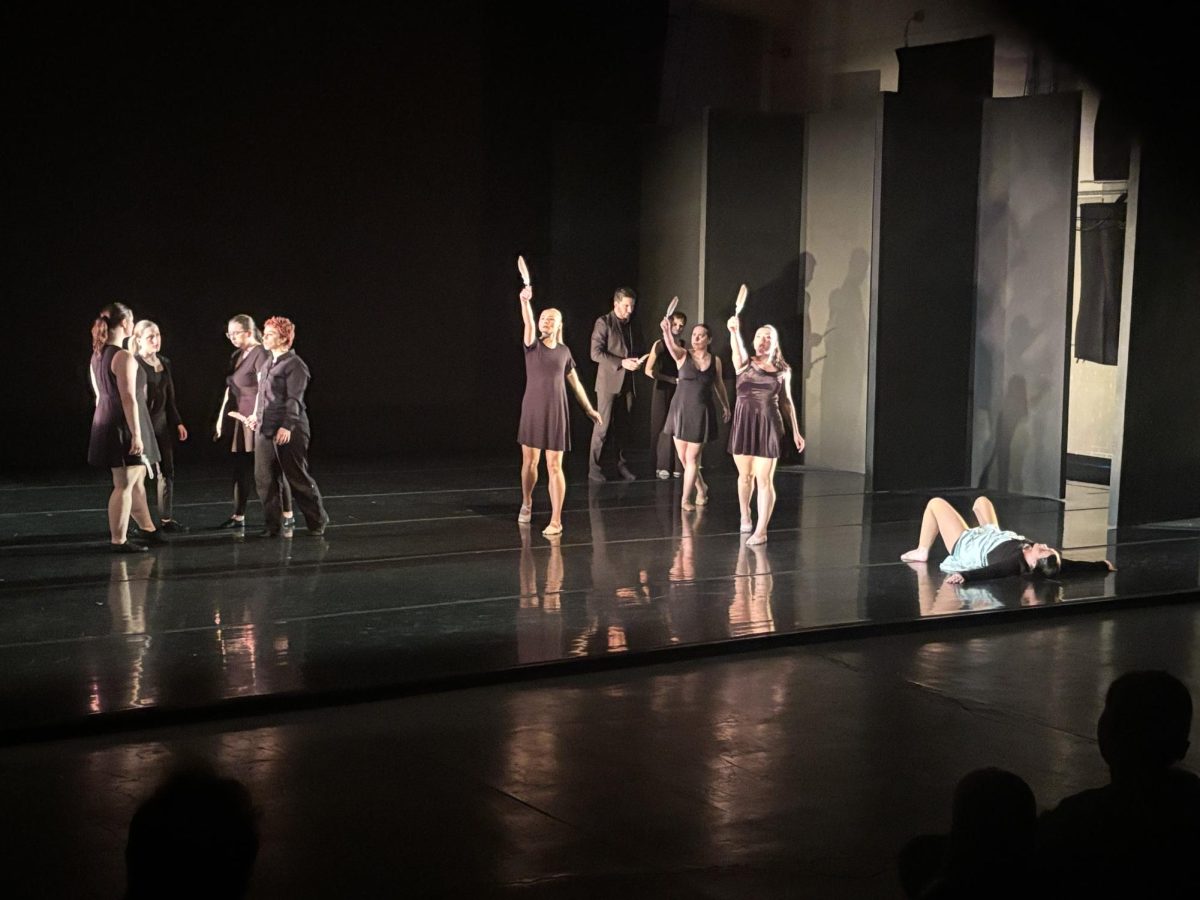It has been a pretty great summer for music, so the first review of the year was a difficult decision.
Sort of.
In all honesty, I just picked the one I happen to be listening to the most right now which would be Arcade Fire’s new album, “The Suburbs.”
The band’s last album, “Neon Bible” was utterly fantastic and the album before that, their debut album “Funeral” was downright mythical. Both albums were filled with epic songs, like their five–minute emotional wallop “Wake Up” and “Neon Bible’s” “Intervention.”
I was led to believe then, that Arcade Fire would once again bestow the indie world with another towering epic album for the ages. This assumption would only be partially right.
“The Suburbs” still manages to be a great record and will probably be one of the best albums of the year — a milestone — but Arcade Fire does it differently compared to the last two albums.
First, the theme of the album is completely different from the first two topics. Their first album, “Funeral,” dealt with, you know, death, while “Neon Bible” dealt with corruption in the church — both fairly heavy topics.
“The Suburbs,” on the other hand, deals with growing up in said Suburbs and reliving the memories of time spent there:
a slightly lighter topic. It might go without saying, then, that the album is both lyrically and musically lighter in tone and content. Yet the album still manages to be just as emotionally charged as their previous two efforts.
Songs like “Rococo,” “Empty Room” and “Sprawl II (Mountains Beyond Mountains)” are reminiscent of the past album’s full and multi–layered orchestral epic–ness, but some the album’s highest points lie in the stripped down songs like the album’s opening title track.
The title track is a relatively abrupt beginning to an Arcade Fire album, given the gentler or more subtle openers on “Funeral” and “Neon Bible,” “Neighborhood #1 (Tunnels)” and “Black Mirror,” respectively. “The Suburbs” jumps right into its easy country/folk verse that stays with the entire song; the song simply trots to its gentle segue into the next song, “Ready to Start.”
The song “The Suburbs” is a gamble for Arcade Fire because gentle and easy–going is simply not their usual style; however, it works very well and it ends up being a high point of the album.
Arcade Fire also head into somewhat unfamiliar territory with the songs “Ready to Start” and “Month of May.” Most people know and love Arcade Fire for their folksy/indie orchestral greatness, but sometimes people forget that folk/indie rock band. The band truly shows its rock credentials on the aforementioned tracks.
With its driving punk bass lines and “Month of May’s” hard-hitting guitars; both seem heavily inspired by early Bruce Springsteen and/or Velvet Underground. We saw an early glimpse of the band’s love for Springsteen on “Neon Bible’s” “(Antichrist Television Blues),” but it seems that the band is willing to expand that more throughout the album.
Overall, Arcade Fire amazes once again with “The Suburbs.”
It might not be as high and mighty (or good) as “Funeral” (to be fair, very few are as good or better), but Arcade Fire still manages to infuse pure emotion and excitement into their music more than any other existing band.
Despite the other awesome albums this summer, Arcade Fire’s “The Suburbs” takes the cake.






